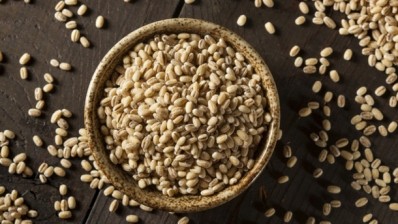Nutrition knowledge in both parent and child vital for healthy diets: Japan study

The study, based on a food education programme implemented in primary schools in Okinawa, assessed the nutrition knowledge and dietary habits of 1,210 primary school students and their 319 guardians via six age-specific questionnaires, two each for lower- and higher-grade students, and another two for their guardians.
Each of the children and guardians completed one questionnaire on nutrition knowledge and another on diet history.
While the guardians’ nutrition knowledge affected the children’s diets inasmuch as the guardians providing food for the children, “child and guardian knowledge might impact children’s vegetable intake independently”.
The study found “no significant correlation between children’s nutrition knowledge and guardians’ knowledge”, possibly because communication between them regarding food and nutrition might be insufficient.
As such, it stated that food education aimed at both guardians and children might be more effective than individual programmes designed for one or the other.
Gender differences
Interestingly, the study also found that “the relationship between guardians’ nutrition knowledge and intake of staple foods and fruits in children differed by children’s sex”.
Higher nutrition knowledge of the guardians was associated with increased vegetable intake in most of the children, except boys in higher grades, perhaps because older male children might be “less compliant”, rendering advice from guardians ineffective.
On the other hand, the guardians’ nutrition knowledge “was significantly or marginally related” with higher fruit, soybean and soy product intake only in girls. This was attributed to “social pressures” on dietary habits, which differ for boys and girls.
Guardians with higher nutrition knowledge tended to provide girls with smaller portions of staple foods, especially rice. A connection was thus made between this practice and the widely held belief that a low-carbohydrate diet aids weight loss.
Indeed, 27.8% of the higher-grade girls in the study wanted to lose weight, compared to 18.8% of higher-grade boys. The study hence concluded that “sex differences in the effect of nutrition knowledge should receive greater attention in food education”.
Source: Journal of Epidemiology
http://dx.doi.org/10.1016/j.je.2016.09.014
“Relationship between nutrition knowledge and dietary intake among primary school children in Japan: Combined effect of children's and their guardians' knowledge”
Authors: Keiko Asakura, et al.















